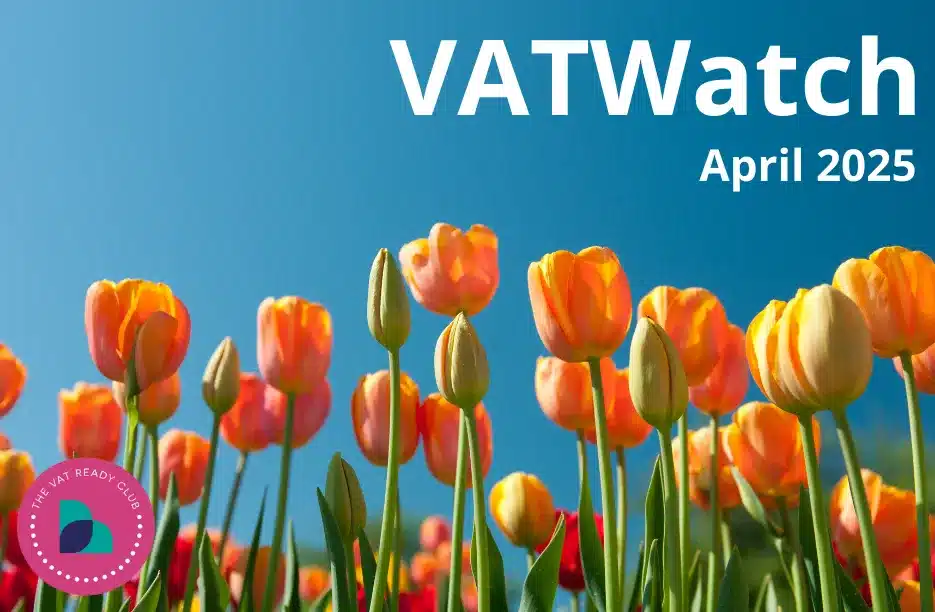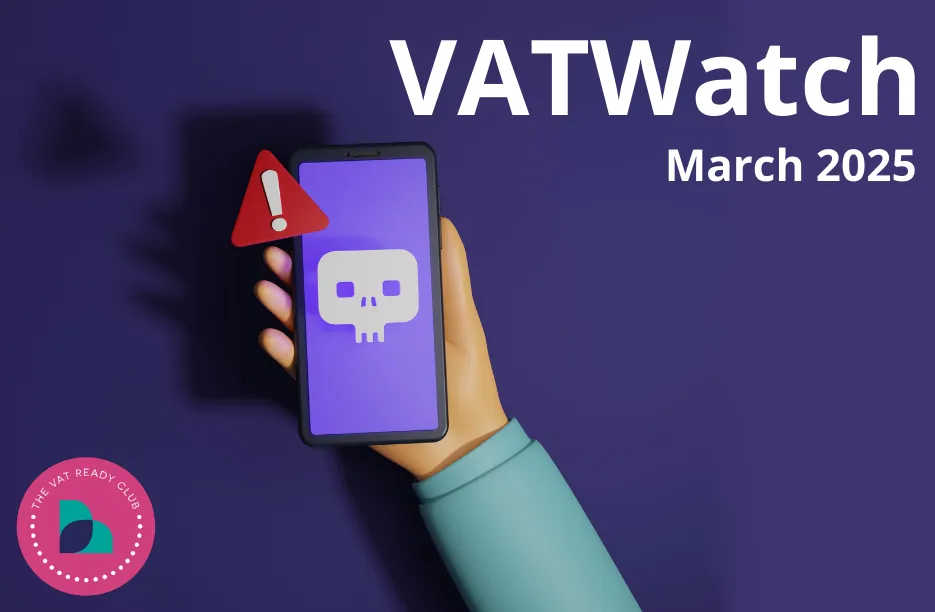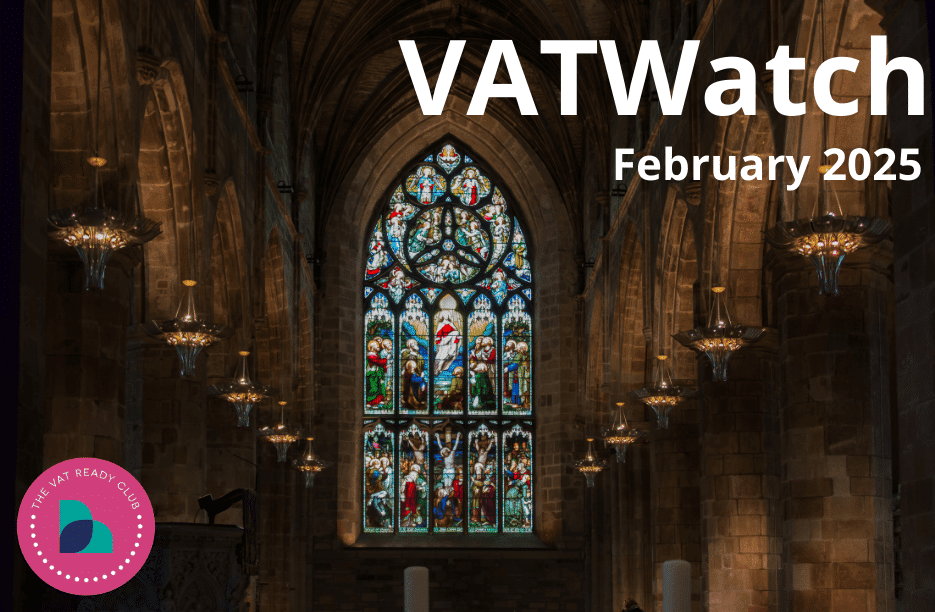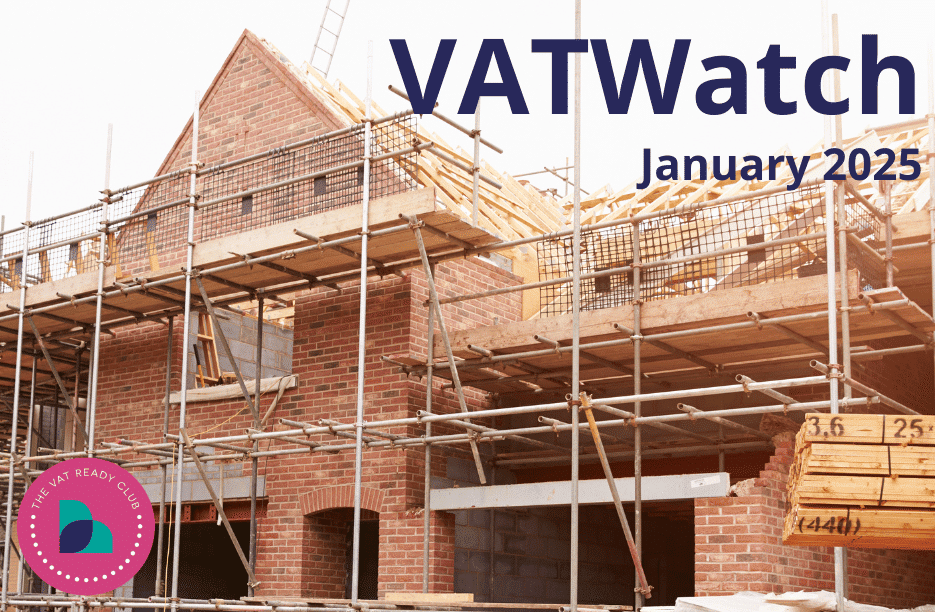An interesting and noteworthy case was recently settled at the First Tier Tribunal. 3D Crowd CIC was formed in March 2020, after a group of individuals realised that their 3D printing machines could be used to produce PPE. With the help of crowd funding and several thousand volunteers, by the end of May 2020 the organisation had donated around 200,000 face shields to the NHS. Costs were incurred in producing the PPE, and gaining the CE certification required to supply PPE commercially. 3D Crowd CIC included the VAT incurred on these expenses in their VAT return, but HMRC denied the claim because the expenses were not linked to a VATable supply. 3D Crowd CIC argued that their intent had been to supply the PPE commercially, but that by the time they had jumped through the necessary hoops to do so, other suppliers had increased their output and the demand for extra PPE had declined. Otherwise, in the long term, the company had planned to supply PPE commercially in order to sustain production long term and at least cover their costs. Had the organisation always intended to function on a purely altruistic level, they would have registered as a charity and not as a CIC. The tribunal found that the CIC had been established for two purposes: 1. To reach a point where taxable sales were achieved. 2. To contribute to the fight against Covid via donated items. The appeal was allowed, meaning that the VAT on accreditation costs was incurred 100% for the intended trade and was therefore entirely input tax, but with the caveat that the VAT on overheads and costs of production was only partially input tax and should be apportioned. | 




